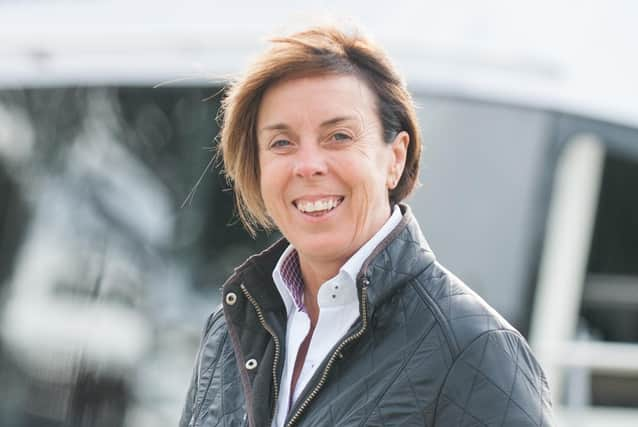Tourism industry needs help - Freda Newton


I am immensely proud of our achievements; growing passenger numbers to 325,000 a year, adding a retail offering in 2019 and a range of holiday cottages in 2021. But if you’d told me that after 20 years in business, I’d be facing my most challenging year yet, I simply wouldn’t have believed you.
Nevertheless, 2022 might not deliver the bounce back we have all been expecting and yet it comes after two years of a global pandemic where the industry has shown more resilience, determination and ingenuity than any of us probably thought possible. For those tourism businesses who successfully weathered that storm, we thought the worst was behind us – it seems we were wrong.
Advertisement
Hide AdAdvertisement
Hide AdBusinesses took on unprecedented levels of debt during the pandemic with the Federation of Small Businesses (FSB) estimating that businesses in Scotland borrowed three times more than they were given in grants. In the Highlands, businesses took out around £205m in government-backed loans. This now all needs to be paid back at a time when all other operating costs are spiralling, with the most significant being VAT, business rates and fuel.
The temporarily reduced rate for VAT in leisure and hospitality was widely welcomed but as of April 1st VAT is back to 20%. Firms across Scotland’s retail, hospitality and leisure sectors were fully exempt from non-domestic rates for the financial year 2021/22. Now, we will receive 50% relief for three months compared to 50% relief for the full financial year 2022/23 for businesses operating in England.
With a fleet of four boats, the rising cost of fuel is beginning to have a significant impact on our operating costs. Although our newest boat was designed to have a lower fuel consumption, we still rely on diesel to take thousands of passengers across Loch Ness each year. We have never set a minimum number of passengers to run our cruises but if operational costs continue to rise, this is something we may need to consider.
Where does this leave us? Hospitality businesses do not operate in isolation, we are part of the consumer economy and a barometer for consumer trends and spending. With the cost of living rising there will inevitably be less disposable income. Scotland has always had to prove it delivers value for money compared to other international destinations so we could see the bubble burst in the staycation market. The domestic market still accounts for around 65% of visitors to Scotland so that is a very real threat to our business.
I look to those in government to help ease the burden of the rising cost of living and consider extending support for businesses in tourism and hospitality. My team and I will be focused on promoting our special world-famous destination and delivering a quality experience that meets, and exceeds, visitor expectations so that Scotland is a must-visit, must-return destination.
Freda Newton MBE, Managing Director Jacobite Cruises
Comments
Want to join the conversation? Please or to comment on this article.